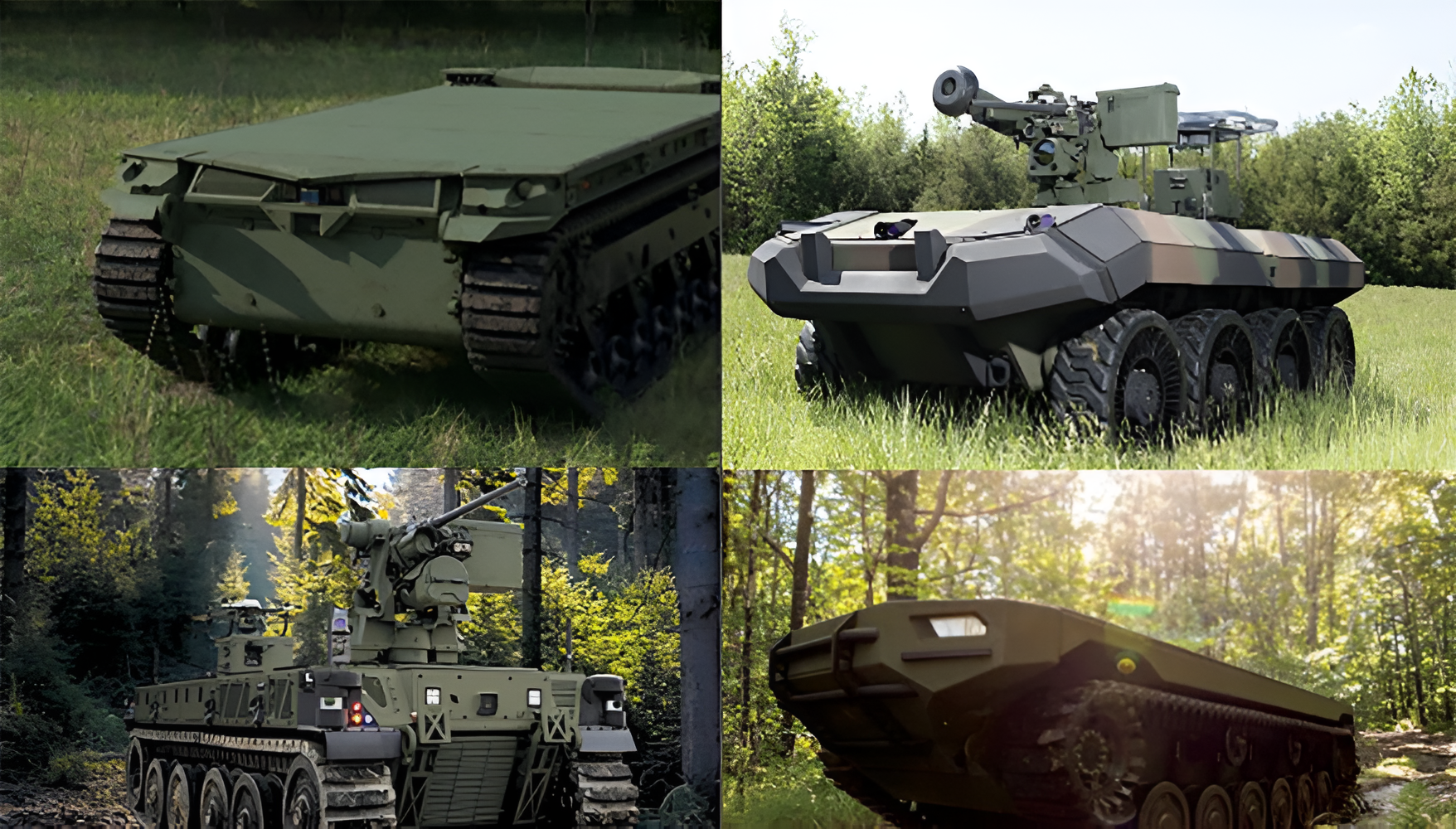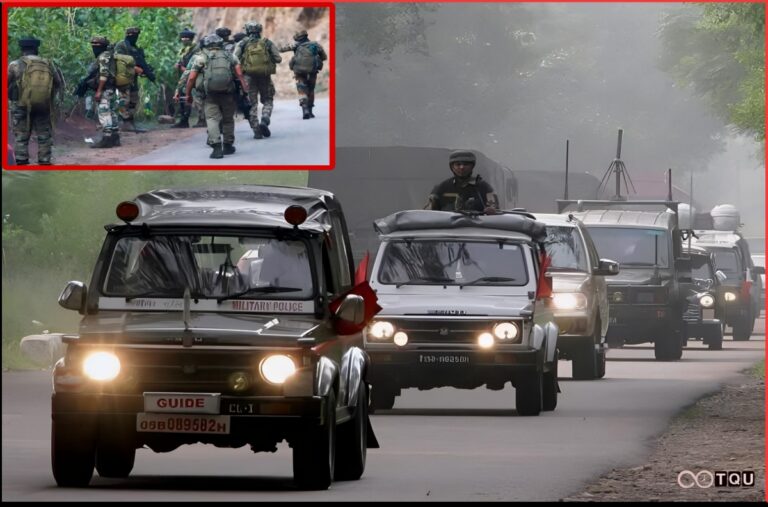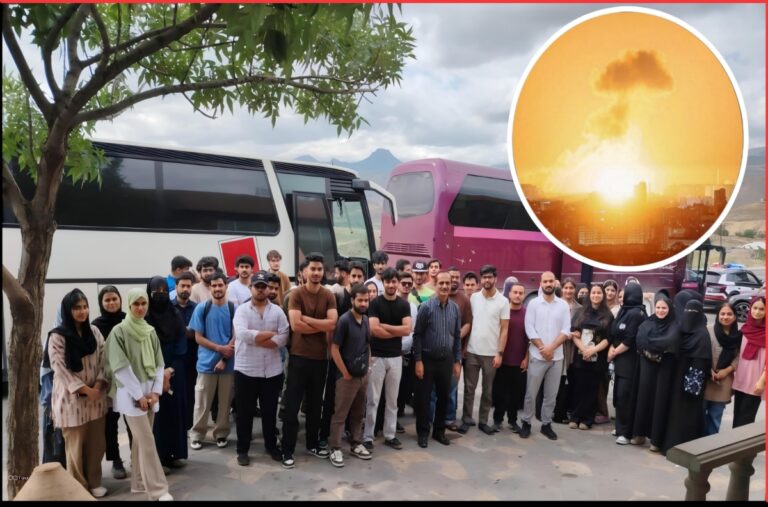Washington, D.C., June 3, 2025 — In a major strategic pivot, the US Army has decided to halt development of its Robotic Combat Vehicle (RCV) program and pause its new howitzer competition, according to multiple sources within the defense community. The decision marks a significant realignment in military modernization priorities, following a sweeping internal restructuring announced by the Department of Defense.
This update comes on the heels of Defense Secretary Pete Hegseth’s announcement regarding the merger of the Army Futures Command (AFC) and Training and Doctrine Command (TRADOC) — a bold move to streamline operations, reduce redundancies, and reshape the Army’s future force design.
🛑 Robotic Combat Vehicle Program Terminated
The US Army Robotic Combat Vehicle program, once heralded as a leap toward autonomous battlefield operations, has now been officially halted, according to an internal communication from Maj. Gen. Glenn Dean, Program Executive Officer for Ground Combat Systems.
“RCV will stop development. The future of the robotic software program is unknown,” wrote Dean in a leaked internal memo, as reported by sources close to the program.
The RCV program was intended to integrate unmanned ground vehicles into combat formations, performing high-risk reconnaissance and logistics tasks while minimizing risk to human troops. However, technical challenges, cost concerns, and a lack of consensus on operational concepts appear to have slowed its progress.
💬 Industry Insight: Too Early, Too Expensive?
A senior Army official, speaking anonymously, elaborated on the rationale:
“We need robotic combat vehicles, but we want a consortium of vendors to bring in innovation and best-in-class software. We don’t want to downselect to a single vendor and pay nearly $3 million per unit for a system that isn’t field-proven.”
The Army had previously been expected to award a production contract this year, but uncertainty over cost-effectiveness, autonomy, and software architecture prompted leadership to pull the plug.
🕹️ Impact on Robotic Warfare Development
The RCV decision could signal a shift in U.S. military doctrine away from ambitious, platform-centric modernization projects toward more agile, software-first innovation. Rather than fully committing to one vendor or hardware design, the Army now seems inclined to foster a modular development ecosystem, emphasizing software compatibility, interoperability, and vendor collaboration.
This could mirror the recent successes in commercial-off-the-shelf (COTS) integration and AI-based battlefield systems, which are showing faster return on investment and greater flexibility than monolithic programs.
🔕 Pause on New Howitzer Competition
In addition to RCV, the new howitzer development program has also been paused, adding another twist to the Army’s evolving strategy. While no formal cancellation has been announced, sources say the decision is linked to broader reassessments of artillery modernization, possibly influenced by lessons learned from Ukraine’s ongoing use of long-range fires and drone-assisted targeting.
🛡️ Broader Reorganization: Army Futures Gets Absorbed
The timing of these cancellations coincides with a massive structural overhaul of the U.S. Army:
-
Army Futures Command and TRADOC are being merged to eliminate bureaucratic silos.
-
Production of the M10 Booker light tank, another major acquisition, is also being stopped.
-
The focus is shifting toward integrated capabilities, joint-force readiness, and cost-effective modernization.
This sweeping restructuring suggests that fewer, more strategically aligned programs will now be prioritized, with a focus on interoperability, digital dominance, and battlefield agility.
🇺🇸 What This Means for US Defense Strategy
The cancellation of the US Army Robotic Combat Vehicle program reflects a recalibrated defense strategy — one that prioritizes rapid adaptability over fixed procurement timelines.
-
Expect more consortium-based development models, inviting input from both major primes and nimble defense tech startups.
-
Artificial Intelligence, remote autonomy, and battlefield networking are likely to remain investment priorities.
-
The Army’s modernization roadmap may now lean toward iterative software development, rapid prototyping, and scalable battlefield solutions rather than large-scale vehicle platforms.










